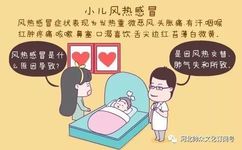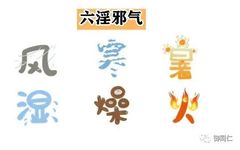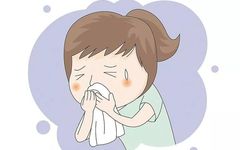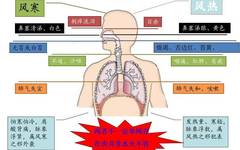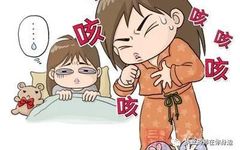Introduction to Wind-Heat Cold
Common cold is an external pathogenic disease caused by the invasion of wind evil or seasonal viruses, leading to dysfunction of the lung’s defensive Qi, with clinical manifestations including nasal congestion, runny nose, sneezing, cough, headache, chills, fever, general discomfort, and floating pulse. It can occur throughout the year, particularly in spring and winter. So, … Read more


